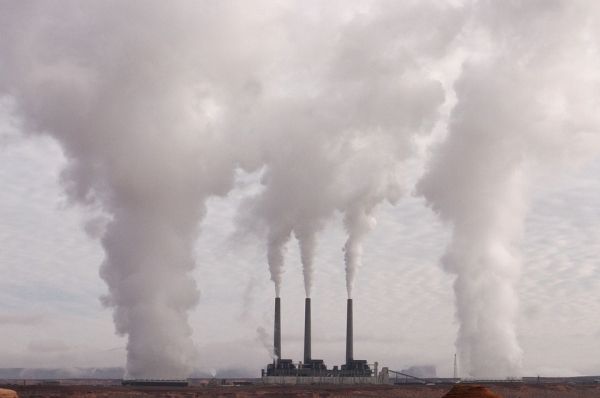Reducing fossil fuel emissions steadily over coming years will prevent millions of premature deaths and help avoid the worst of climate change without causing the large spike in short-term warming that some studies have predicted, new analysis by researchers at Duke University and the University of Leeds finds.
“We analyzed 42 scenarios presenting different timescales for a very rapid worldwide transition from fossil fuels to clean energy,” said Drew Shindell, Nicholas Professor of Earth Science at Duke’s Nicholas School of the Environment. “Under all of these scenarios there is no significant spike in warming, no climate penalty, and we actually see a decrease in warming rates within two decades of the start of the phase-out.”
“The only scenarios that result in a significant warming spike are implausible ones in which worldwide emissions are halted instantaneously or over a very short timescale. But in the real world, that’s not going to happen. It will take decades to transition to clean energy,” Shindell said.
Climate negotiations have been clouded in recent years by the view that cleaning up fossil-fuel air pollution rapidly will unintentionally lead to a near-term rise in atmospheric warming of about a half-degree Celsius, which might take up to a century to reverse. The idea is that the sun-obscuring aerosols fossil fuel consumption puts into the atmosphere would clear relatively quickly, but long-lived greenhouse gases such as carbon dioxide would persist and create a net warming.
Read more at Duke University
Photo Credit: Pixource via Pixabay


